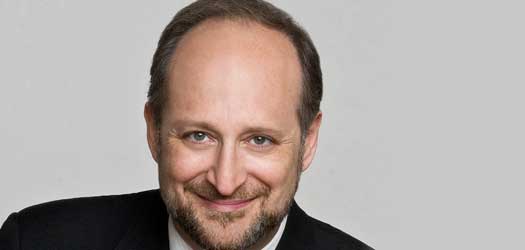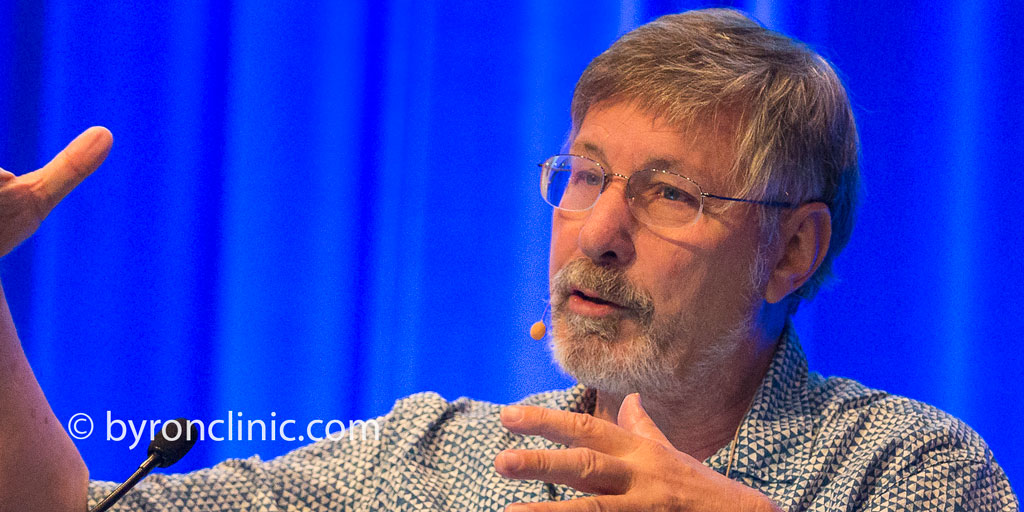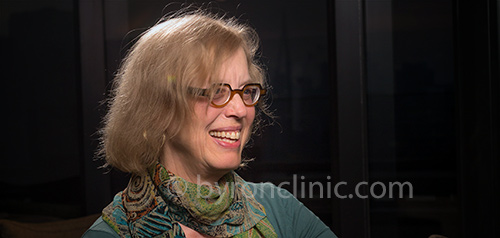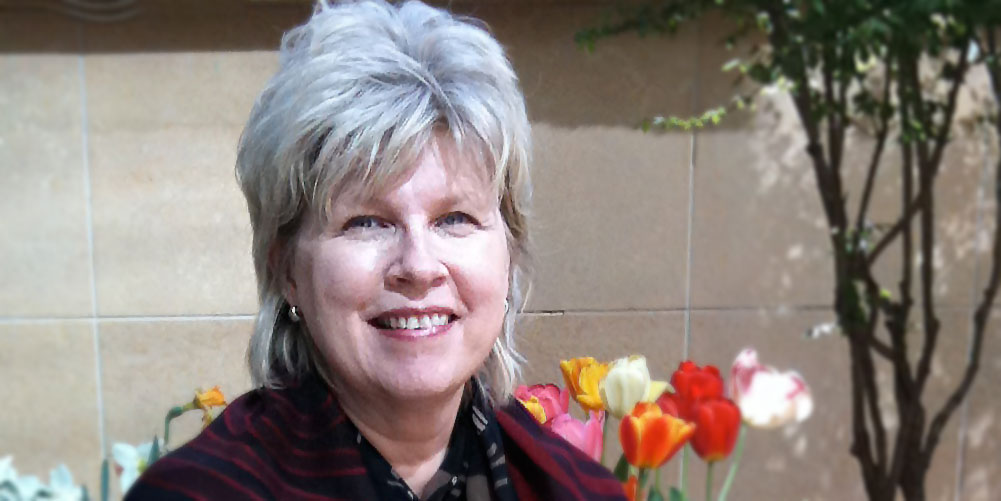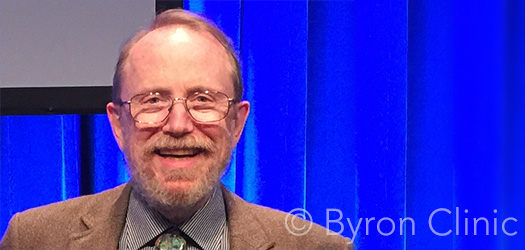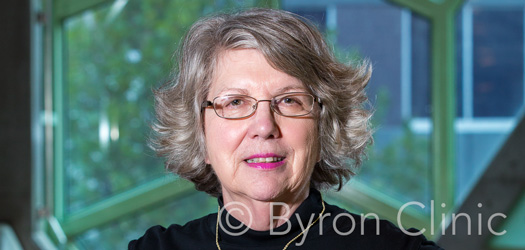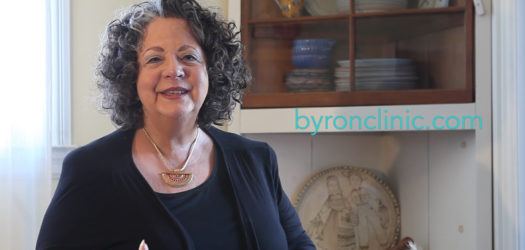About Byron Clinic
Since opening in Byron Bay in 2007, Byron Clinic has focused on providing professional and effective mental health care.
Specialising in evidence-based treatments and the rehabilitation of pervasive conditions including eating disorders, self-harm, depression, anxiety, stress, alcohol and drug abuse, gambling addiction, chronic pain, issues with grief, loss, exercise and diet compliance. Byron Clinic offers a multi-disciplinary, holistic, confidential and discrete service.
Byron Clinic Byron Bay also provides an elite training platform to keep our network of health care professionals at the forefront of clinical techniques, research and expertise. Since 2007, we have made our professional development workshops open to the wider health care community.
Byron Clinic’s extensive professional development program aims to keep health care professionals skilled and up to date with current and emerging treatment practices.
We endorse the scientist/practitioner model, where evidence-based scientific research forms the basis of our treatment and healing programs.
Through our professional development workshops we aim to:
- build and maintain effective teamwork with other health care professionals
- share information, access and integrate relevant scientific findings and,
- ultimately improve the quality and effectiveness of health care treatment
Our workshops have attracted participants both nationally and internationally in the disciplines of psychiatry, psychology, social work, alcohol and drug counselling, correctional services, domestic violence counselling, nursing, health coaching, education, general practitioners (GP’s), nutrition, physiotherapy and occupational therapy.
Byron Clinic’s extensive professional development program aims to keep health care professionals skilled and up to date with current and emerging treatment practices.
Past Byron Clinic Workshops
Since 2009, Byron Clinic’s extensive professional development program has aimed to keep health care professionals skilled and up-to-date with current and emerging treatment practices.
Join Our Community Newsletter
Join now to be kept informed about upcoming events from Byron Clinic.
[et_bloom_inline optin_id=”optin_3″]

